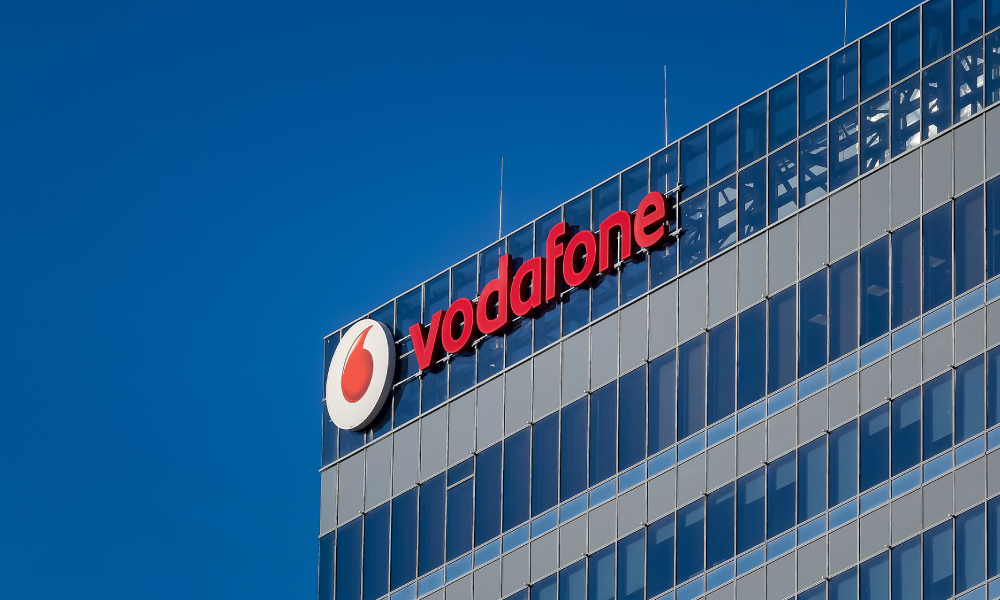
The NZ leader has been applauded for his 3-word takedown

Vodafone NZ CEO Jason Paris has been applauded for his three-word response to a customer who complained about the company’s use of Māori language.
The woman wrote to the NZ Herald to complain about a letter she received from Paris, taking particular issue with the use of the word “Aotearoa”.
"I'd like to point out that we live in New Zealand, NOT Aotearoa, and will remain so until there's a referendum to change that name," the customer wrote in her letter to the Herald.
"We also speak English, NOT Māori. Remember that English is the language of the World today NOT Māori.”
Paris responded by saying: "Haere rā Catherine” – or “goodbye Catherine”. A spokesman for Vodafone said while Paris frequently responds and debates with customers on different topics, he felt it would be counter-productive to engage with the letter’s author.
His simple yet powerful reaction sparked support online and served as reminder of the power of language. It has become increasingly common for companies to incorporate te reo Māori among communications and mission statements over the last few years.
Read more: IWD 2021: How to overcome the STEM gender gap
Speaking to HRD, Diversity Works New Zealand chief executive Maretha Smit said it was inspiring to see more organisations using te reo Māori to foster inclusion in the workplace.
“Language is one of the most meaningful ways in which we can recognise and make sense of the history that shaped, and continues to shape, our culture. It’s not woke, it’s respect,” she told HRD.
“It’s important that we take the time to understand our bicultural past so that we can leverage our unique story of diversity and inclusion strategically in the way we position our country in the global context.
“One of the most valuable ways in which organisations can contribute, is to use their corporate reach to insistently provide exposure to this story to their customers, suppliers and partners.”
As a country with a rich cultural history, New Zealand is known for celebrating and embracing its history. But there is still work to be done to make workplaces more inclusive and accessible for marginalised groups.
Read more: Diversity in the workplace: How to lead as an ally
Smit said people leaders are beginning to appreciate the strategic link between their company and NZ’s history and how it translates into an increased level of maturity about workplace diversity and inclusion. Rather than a one-off box ticking exercise, businesses are revaluating how to make long-term gains.
“While New Zealand is home to many different peoples with different cultures, and inclusive workplace practices need to equitably provide for multiple cultures, the state officially recognises the unique status of indigenous Māori culture,” she said.
“Bicultural sensitivity and an authentic acknowledgement of role of the Treaty of Waitangi as the cultural foundation to our evolving multicultural society is therefore essential in workplaces across Aotearoa New Zealand.”